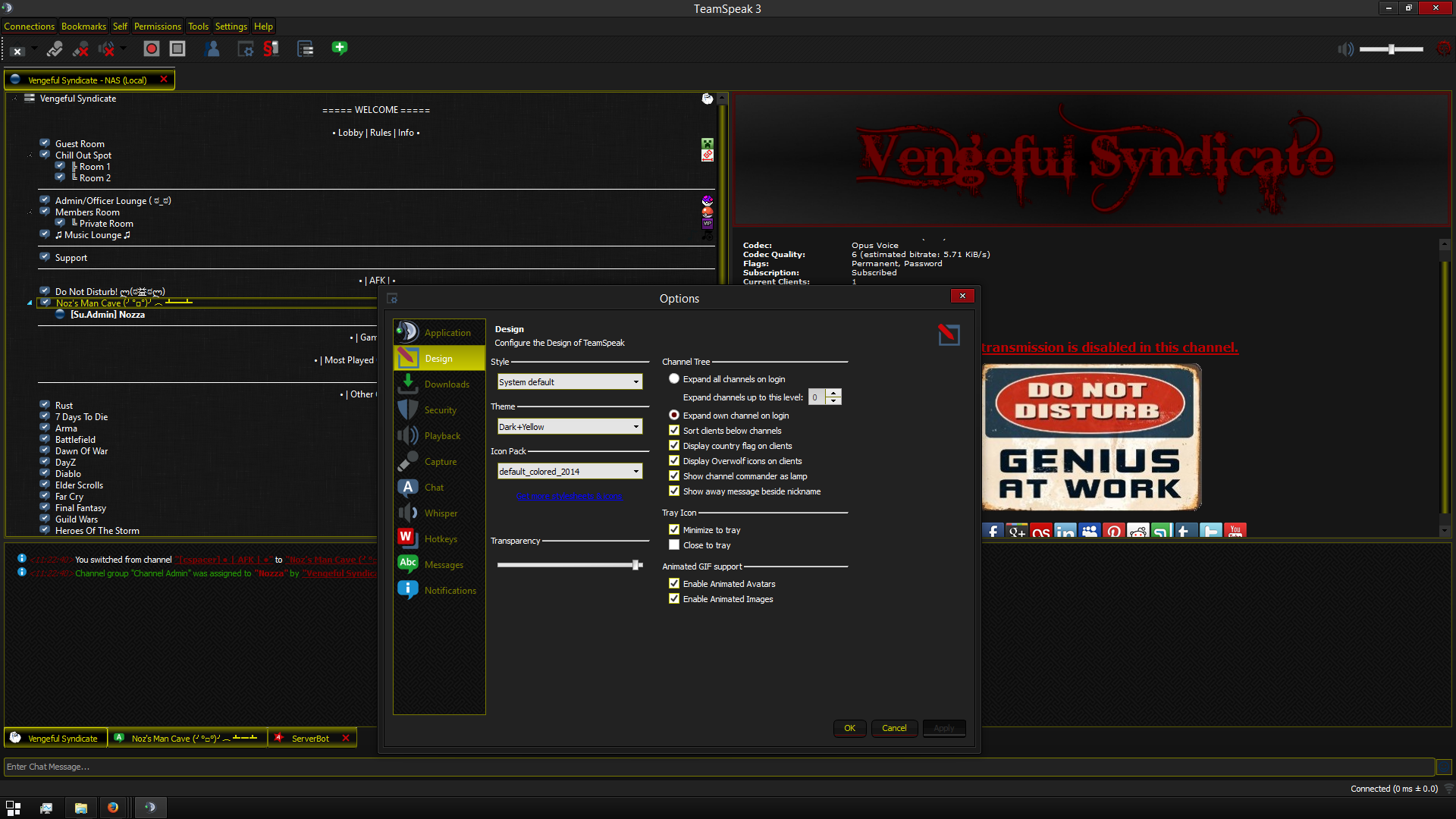

One year later, Karlitschek started a company to monetize ownCloud by offering an enterprise version on top of the open source community one. The ownCloud project was originally created by KDE developer Frank Karlitschek in 2010. A similar situation exists with ownCloud and Nextcloud. Both of those forks ended up attracting by far the most developers and were adopted by virtually every Linux distro available. Look at X.org which forked off from XFree86, for instance, or LibreOffice which forked off from OpenOffice.
#OWNCLOUD VS NEXTCLOUD 2017 SOFTWARE#
Ultimately, like all good things in free and open source software (FOSS), the control remains with you.įorks in the Free Software world are rarely pleasant but often required in order for progress to be achieved. You can set up Nextcloud in your home or office for a "local" cloud installation – or for something more Google or Dropbox-esque, host it on a remote server so you can access your data, calendar, and documents everywhere. Nextcloud" box for more information on its origins) and really simplifies the job of setting up your own cloud infrastructure. This is a spin-off of ownCloud (see the "ownCloud vs. Fortunately, though, there's an excellent Free Software solution in the form of Nextcloud. Now, this may all sound extremely complicated when you consider all the things available in typical cloud services: file storage, file sharing, calendars, document collaboration, and more. So what do you do if you like the technical benefits that cloud services bring, but don't want to hand over all your data to Google, Dropbox, or anyone else? Make your own cloud, of course! Similarly, you can use cloud services to make regular backups of your data with minimal intervention. If you're regularly switching between lots of devices and machines, having easy access to your data is a major bonus. Still, there are some benefits to the cloud. (Well, providing you always have a good Internet connection, of course.) It's not actually especially new, but a bunch of technologies mean you can effectively "live" in the cloud, using a low-spec computer and doing all your processing and storage elsewhere. And it's a good point: "cloud computing," despite all the hype, is simply about handing over control of your data and resources to someone else. Maybe you've heard this line before: "There is no cloud, just other people's computers." Indeed, if you've been to a Free Software-related event recently, you may even have a sticker with those words on it, courtesy of the Free Software Foundation Europe.


 0 kommentar(er)
0 kommentar(er)
